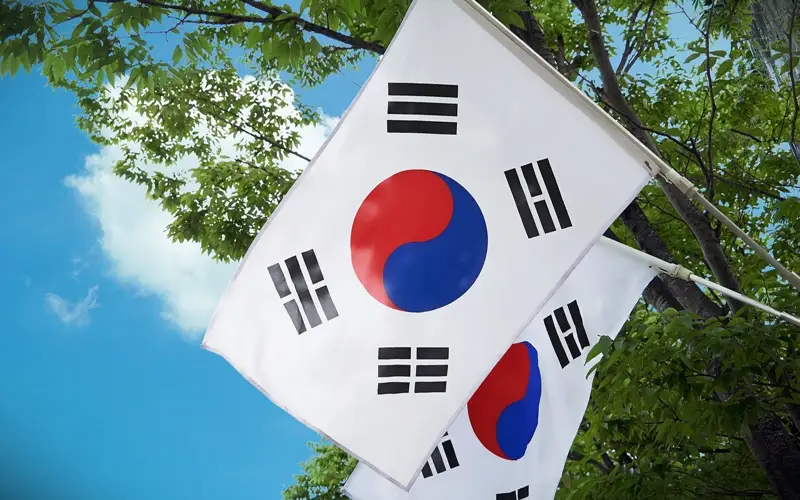OECD leading index for S. Korea rises for 7th month in June
A leading economic index for South Korea rose for the seventh consecutive month in June, reaching its highest level in three years and seven months, data showed Sunday, amid easing political uncertainty and expectations for government stimulus, Yonhap reports.

The composite leading indicator (CLI) of economic activity for South Korea came to 101.08 for June, up from 100.97 a month earlier, according to the data from the Organization for Economic Cooperation and Development (OECD).
It marked the highest reading since November 2021, when the index stood at 101.09.
The figure has been on an upward trend since December last year, following a four-month decline from August.
The CLI gauges how an economy will fare six to nine months ahead, based on industrial output, gross domestic product, and housing and financial market conditions.
South Korea's CLI ranked second among OECD countries in June, trailing only Britain. It has held the No. 2 spot since March.
The figure also surpassed the average CLI readings for the Group of 20 (100.50) and the Group of Seven (100.51) nations.
Experts said the higher index reflects South Korea's stronger economic recovery outlook compared to other major economies, supported by easing political tensions and the government's aggressive fiscal measures.
The Lee Jae Myung administration, which took office on June 4 after the impeachment of former President Yoon Suk Yeol, has pledged to boost weak domestic demand. As part of this effort, the government proposed a 31.8 trillion-won (US$23.3 billion) supplementary budget, including universal cash handouts.
In response, the Bank of Korea consumer sentiment in June rose to its highest level in four years, while the stock market surged to a near four-year high on Thursday.
However, some analysts warned that external risks remain. Ongoing trade tensions with the United States, highlighted by Washington's 25 percent reciprocal tariffs on Korean imports, pose a potential headwind for Asia's fourth-largest economy.
"Short-term expectations are positive thanks to fiscal expansion, low interest rates and a stabilizing exchange rate," said professor Kim Jung-sik from Yonsei University.
"But over the medium to long term, challenges such as weakening industrial competitiveness, a shrinking labor market, U.S. trade policy uncertainty and slowing global demand could weigh on growth."
As reported previously, South Korea is to introduce mandatory breaks for workers during heat waves next week.
